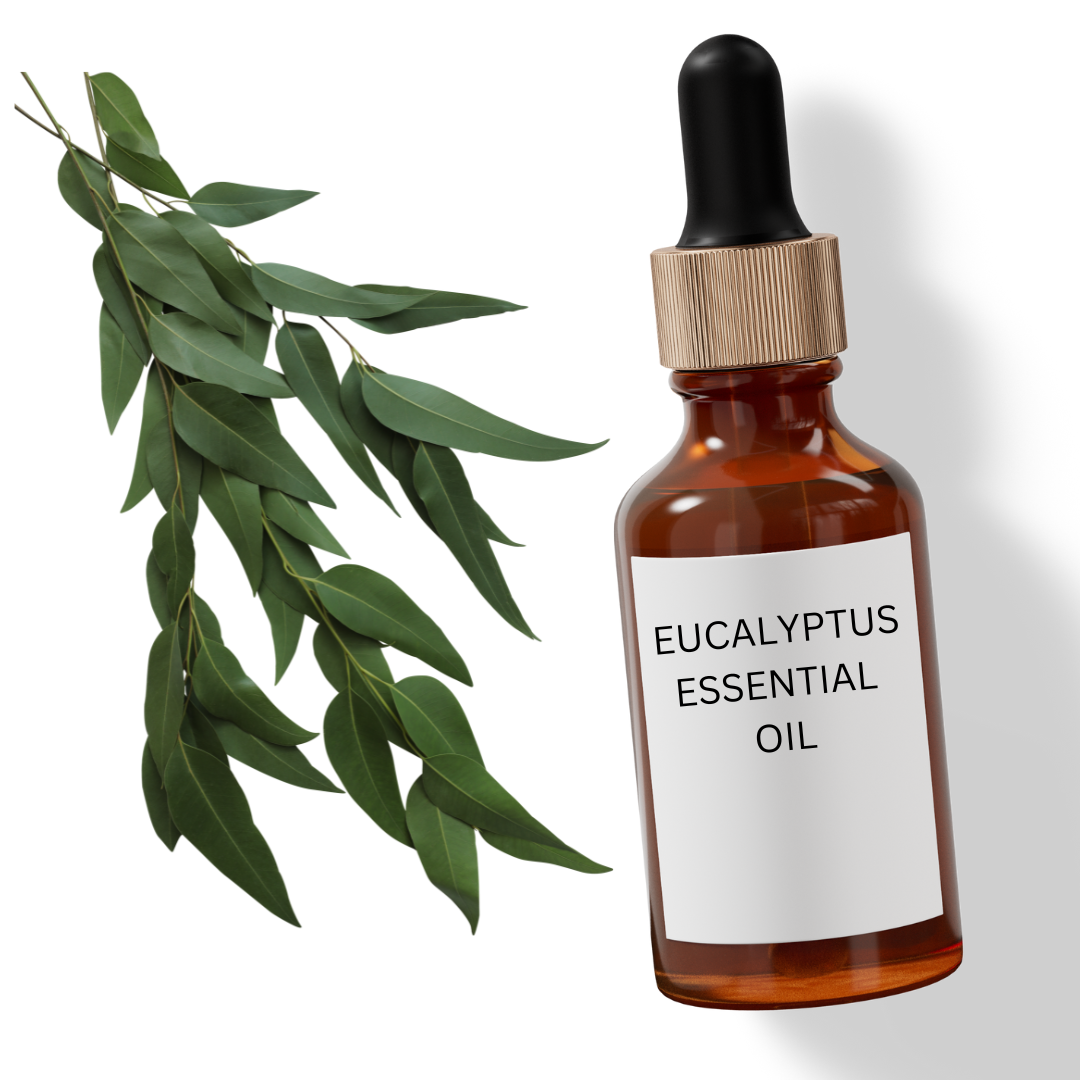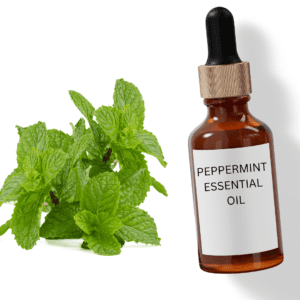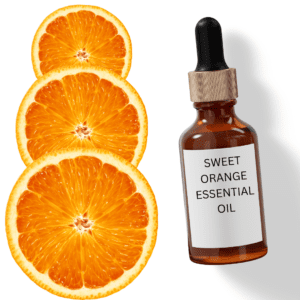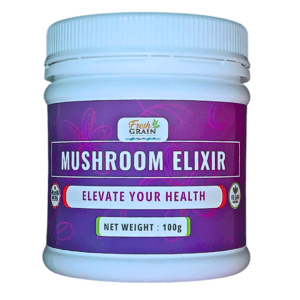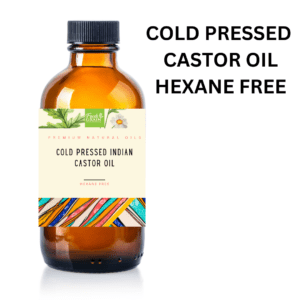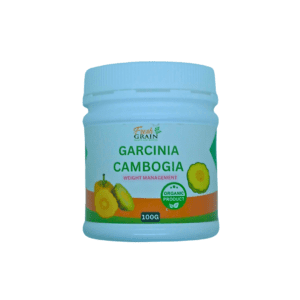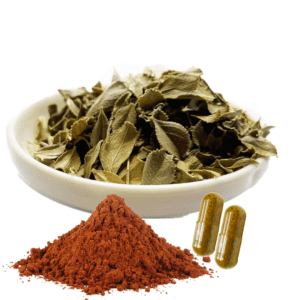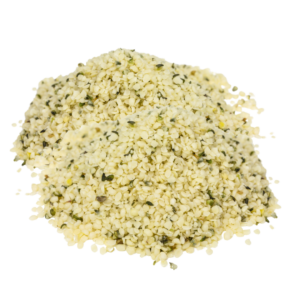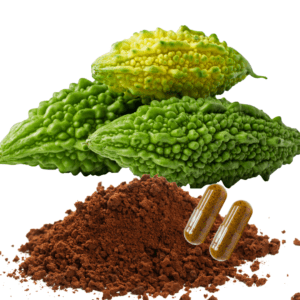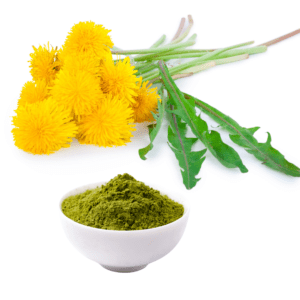Eucalyptus Oil:
Description: Eucalyptus oil is derived from the leaves of the eucalyptus tree, predominantly Eucalyptus globulus. This essential oil is known for its distinct, refreshing scent and various potential health benefits. Eucalyptus oil is widely used in aromatherapy, traditional medicine, and as an ingredient in personal care products.
Nutritional Breakdown: Eucalyptus oil is not a significant source of minerals or nutrients. However, its therapeutic properties are attributed to various bioactive compounds, including:
- Eucalyptol (1,8-Cineole):
- This compound is the primary component of eucalyptus oil, contributing to its distinctive aroma and potential health benefits.
Potential Benefits:
- Respiratory Health:
- Eucalyptus oil is commonly used to alleviate respiratory issues. Inhaling the vapor may help open up the airways, making it easier to breathe. It is often used during colds, flu, or sinus congestion.
- Anti-Inflammatory Properties:
- Eucalyptus oil contains compounds with anti-inflammatory effects, which may provide relief from conditions like arthritis or muscle soreness when applied topically.
- Antimicrobial and Antibacterial:
- Eucalyptus oil has antimicrobial properties that may help fight bacteria and viruses. It is often used in natural cleaning products and may be applied topically to minor wounds.
- Mental Clarity and Alertness:
- Inhaling the invigorating scent of eucalyptus oil is believed to promote mental clarity, alertness, and concentration. It is commonly used in aromatherapy for this purpose.
- Decongestant:
- Eucalyptus oil is known for its decongestant properties. It may help relieve nasal congestion and sinus pressure when inhaled or applied topically.
How to Use Eucalyptus Oil:
- Aromatherapy:
- Add a few drops of eucalyptus oil to a diffuser or humidifier to fill the room with its invigorating scent. This is particularly beneficial during colds or respiratory congestion.
- Inhalation:
- Inhale the vapor of eucalyptus oil by placing a few drops into a bowl of hot water. Cover your head with a towel and breathe in the steam for respiratory relief.
- Topical Application:
- Dilute eucalyptus oil with a carrier oil (such as coconut or jojoba oil) before applying it topically. Massage the diluted oil onto the chest, throat, or affected areas for muscle or joint relief.
- Baths:
- Add a few drops of eucalyptus oil to a warm bath for a soothing and aromatic experience. This can be particularly beneficial for relaxation or respiratory support.
- Cleaning Products:
- Incorporate eucalyptus oil into natural cleaning products due to its antibacterial properties. It can be added to homemade surface cleaners.
Caution:
- Dilution:
- Eucalyptus oil is potent and should be diluted before topical application to avoid skin irritation. Follow recommended dilution ratios.
- Oral Ingestion:
- Avoid ingesting eucalyptus oil, as it can be toxic in large quantities.
- Allergies:
- Individuals with allergies to eucalyptus or related plants should use eucalyptus oil cautiously.
- Children and Pets:
- Eucalyptus oil should be used with caution around young children and pets. Consult with a healthcare professional for appropriate usage.
Eucalyptus oil is a versatile essential oil with a range of potential health benefits. When used thoughtfully and in accordance with safety guidelines, it can be a valuable addition to natural health and wellness routines. If you have specific health concerns, consult with a healthcare professional before using eucalyptus oil.

